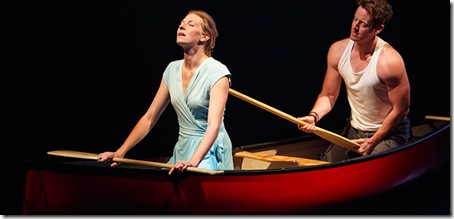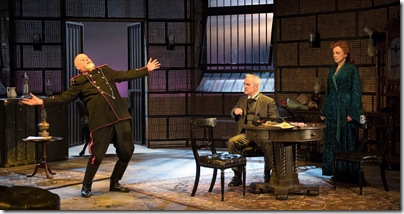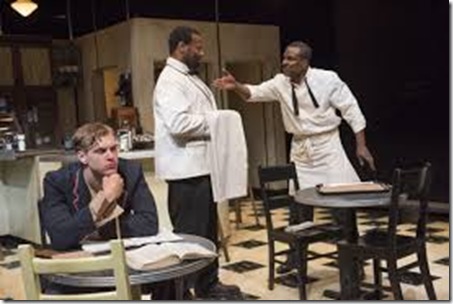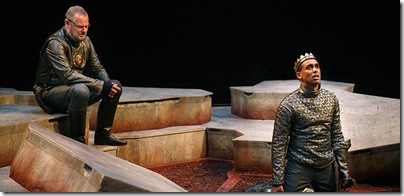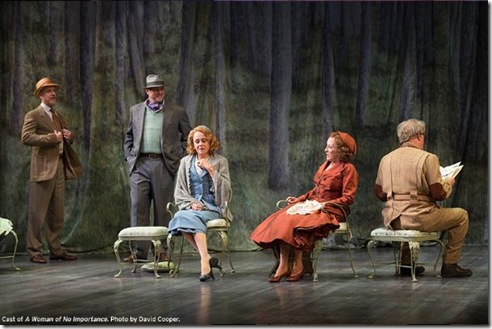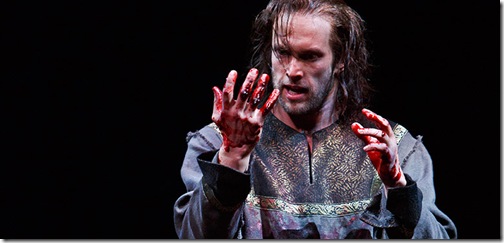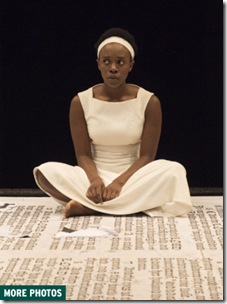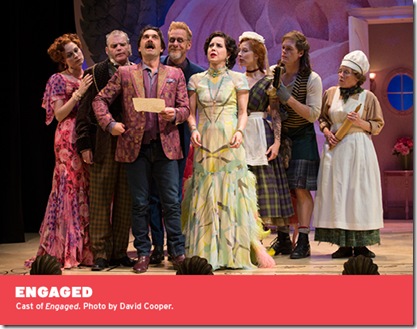An Inspector Calls gets solid treatment at Perth
There’s no denying the polemic in J.B. Priestley’s 1944 classic, An Inspector Calls. And it’s not played down in the Perth Classic Theatre Festival’s excellent production. That’s evident from the compelling moment near the end when actor William Vickers, excellent as the play’s mysterious Inspector Goole, confronts the audience and warns of the “fire and blood and anguish” that will descend on society if human beings fail to recognize their collective responsibilities to each other.
The play wears its socialist colours proudly, as did its author throughout a remarkably long career. And when Britain’s National Theatre unveiled a historic revival in 1992, the notes in the printed program took unflinching aim at Margaret Thatcher’s notorious assertion that “there is no such thing as society” and therefore no case to be made for shared human concerns.
